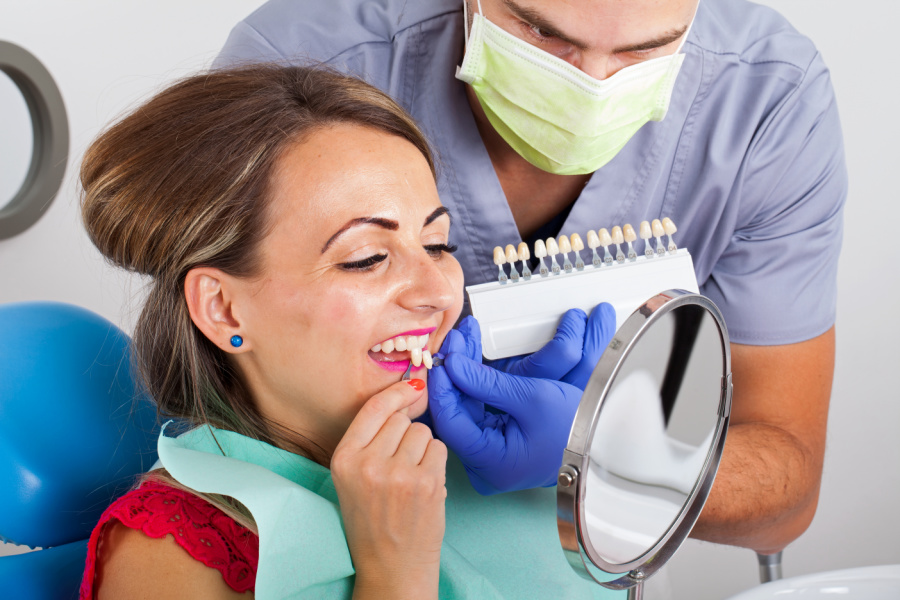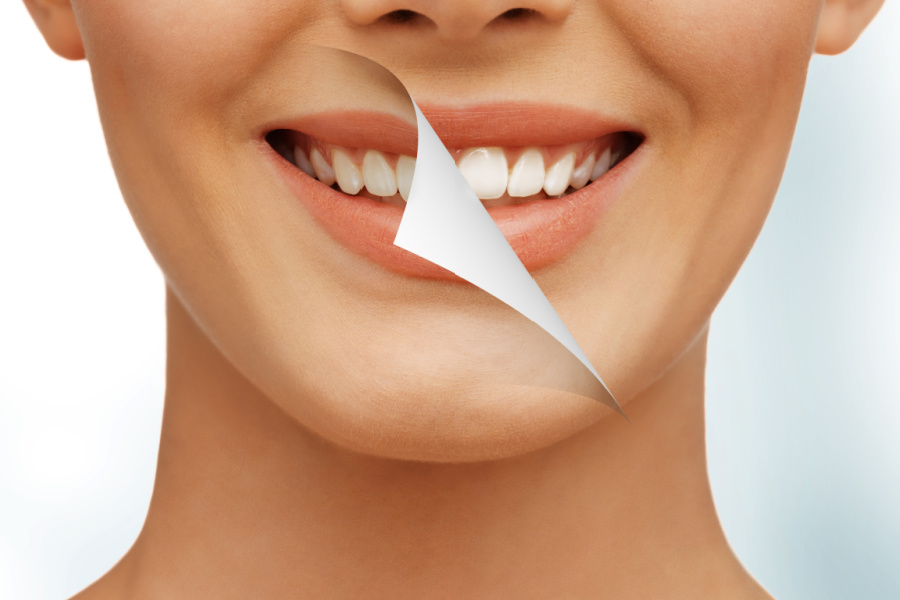
Flossing is one of the most overlooked aspects of oral hygiene, yet it plays a vital role in keeping your teeth and gums healthy. While brushing is essential, it’s not enough to reach the tight spaces between teeth where plaque, food particles, and bacteria can build up. Flossing fills this gap, offering significant benefits for your oral health.
Many people think brushing alone is sufficient for maintaining good oral hygiene. While brushing cleans the surfaces of your teeth, it doesn’t effectively remove food debris and plaque between teeth or along the gumline. This is where flossing comes in.
Plaque build-up between the teeth can lead to inflammation of the gums, also known as gingivitis, the first stage of gum disease. If left untreated, gingivitis can develop into more severe forms of gum disease, such as periodontitis, which can cause tooth loss. Flossing helps remove plaque from these hard-to-reach areas, reducing your risk of gum disease.
Food particles and bacteria left between the teeth can cause cavities to form over time. Flossing disrupts this process by removing debris before it leads to decay. It helps protect your teeth and prevents the need for fillings and other dental work.
Trapped food particles and plaque can cause bad breath. Regular flossing eliminates these odour-causing elements, leaving your mouth feeling cleaner and fresher.
Good oral hygiene has been linked to better overall health. Gum disease and poor oral hygiene have been connected to other health issues such as heart disease, diabetes, and respiratory infections. By flossing regularly, you not only protect your oral health but also contribute to your overall well-being.
Flossing isn’t just about sliding a string between your teeth. Proper technique ensures that you’re getting the most benefit from your efforts. Here’s a step-by-step guide to flossing the right way:
Start with about 18 inches of dental floss, wrapping the majority of it around the middle fingers of both hands, leaving an inch or two of floss to work with.
Hold the floss tightly between your thumbs and index fingers. Gently guide the floss between your teeth, being careful not to snap it into your gums.
Once the floss reaches your gum line, curve it into a C-shape against one tooth. Gently slide it into the space between your gum and tooth.
Move the floss up and down against the side of the tooth, cleaning the surface. Repeat the process on the adjacent tooth and continue with the rest of your teeth.
As you move from tooth to tooth, use a fresh section of floss to avoid reintroducing debris into your mouth.
The best time to floss is whenever it fits into your routine, but here are some tips for when you should floss for maximum benefit:
Most dentists recommend flossing once a day. Doing so daily prevents plaque build-up and keeps your gums healthy. Whether you do it in the morning, afternoon, or before bed doesn’t matter as much as doing it consistently.
There’s some debate over whether to floss before or after brushing. Flossing before brushing may help dislodge food particles and bacteria, allowing the fluoride from your toothpaste to reach more areas. However, if you prefer flossing afterward, it’s still beneficial. The key is simply making it a habit.
While it might be tempting to skip flossing when you're tired or in a rush, doing so allows plaque to accumulate. Missing days can lead to more serious oral health issues down the line, so try to make flossing part of your daily routine.
If flossing seems uncomfortable or difficult, try these tips to make it easier:
Flossing is a simple yet essential part of your daily oral hygiene routine. It helps prevent gum disease, cavities, and bad breath while contributing to your overall health. Incorporating it into your routine ensures cleaner teeth, healthier gums, and a brighter smile.
At Edgbaston Smile Clinic, we emphasise the importance of daily flossing and offer expert advice to help you maintain optimal oral health. If you need more tips or are looking for a dental check-up, feel free to schedule an appointment with our team. Your smile deserves the best care!
Click here to book your appointment with one of our dentists.


